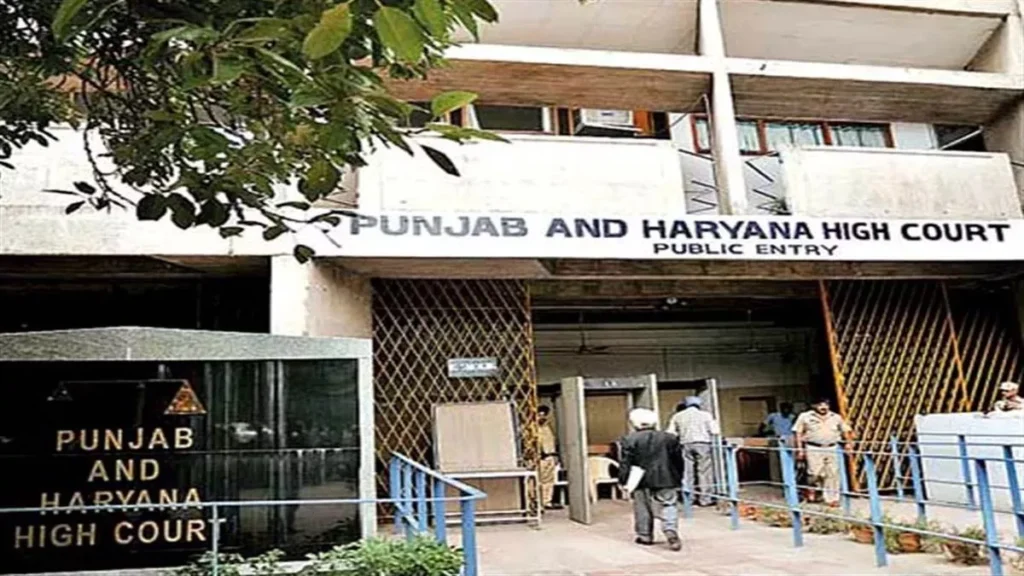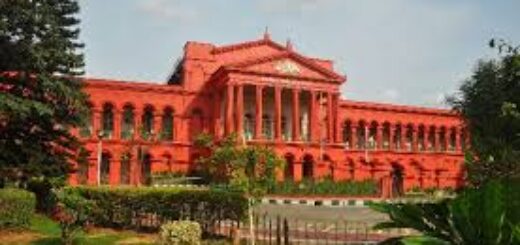Land designated as Takia, graveyard, or mosque must be safeguarded even if it is not currently in use, according to the P&H High Court’s support of the Waqf Tribunal’s ruling.

The Punjab and Haryana High Court confirmed the Waqf Tribunal’s ruling, emphasizing that land marked as Takia (for communal Muslim use), graveyard, or mosque in official records must be safeguarded, regardless of whether it has been actively used by the Muslim community for a long time. The Court stated that these records are definitive and cannot be challenged, even if the land has not served its intended purpose for years. This case arose from a conflict between the Punjab Wakf Board and the Gram Panchayat over land that the Wakf Board claimed was donated by Maharaja Kapurthala and listed as Takia, graveyard, and mosque in the records. The Wakf Board requested a declaration of ownership and a permanent injunction, arguing that the land was Waqf property. The Waqf Tribunal ruled in favor of the Wakf Board, granting ownership and stopping the Panchayat from interfering.
A Division Bench consisting of Justice Sureshwar Thakur and Justice Sudeepti Sharma stated, “Any entry in the revenue records declaring the land as Takia, graveyard, and mosque is conclusive and must be protected, even if there is evidence of long-term non-use by the Muslim community.” Advocate Satinder Khanna represented the petitioner, while Advocate GN Malik represented the respondents.
The Gram Panchayat challenged the ruling, stating that the land was listed as Shamilat Deh (village common land) in the revenue records, which meant it belonged to the Panchayat. They argued that according to the Punjab Village Common Lands (Regulation) Act, 1953, the issue should be handled by the authorities in charge of village common land, not the Waqf Tribunal. The Panchayat also asserted that the 1971 notification declaring the land as Waqf property was invalid since they were not informed, which went against natural justice principles.
Despite this, the High Court supported the Waqf Tribunal’s decision. The Court highlighted that the revenue records labeling the land as Takia, graveyard, and mosque are definitive. It stated, “The entry in the classification column of the relevant revenue entry takes precedence over the entry in the revenue records describing the petition lands as Shamlat Deh.” The Bench noted that the Waqf Tribunal had sole authority over Waqf property matters under the Waqf Act and rejected the Panchayat’s argument that the case should be addressed under the Punjab Village Common Lands Act, 1953.
The Court also confirmed the legitimacy of the 1971 notification that designated the land as Waqf property. It ruled, “The decision made by the Tribunal is within its proper jurisdiction, and when the Tribunal was established by a notification dated 11.09.1971, it barred the Civil Court and the Collector from exercising jurisdiction over this matter under the Punjab Village Common Lands (Regulation) Act, 1961.” Consequently, the Court dismissed the Gram Panchayat’s petition, affirming the Waqf Tribunal’s decision as lawful and valid.
Cause Title: Gram Panchayat Of Village Budho Pundher v. Punjab Waqf Board & Ors., [2024:PHHC:155220-DB]








